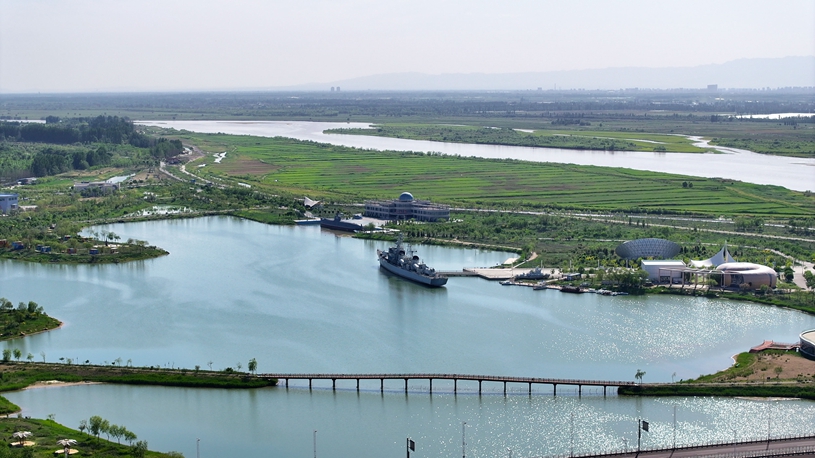by Burak Akinci
ANKARA, June 3 (Xinhua) -- With Türkiye's annual inflation exceeding 75 percent in May, Turkish consumers are in desperate need of a relief promised by the government's disinflation efforts.
Türkiye's inflation rate rose in May to 75.45 percent from 69.8 percent in April, reaching the highest since November 2022, official data released on Monday revealed.
"The worst is over," Treasury and Finance Minister Mehmet Simsek said on social media platform X following the release of the data, trying to reassure the public that relief is in sight after this peak level.
"We saw the highest level of annual inflation, which reflects the cumulative effects of the past 12 months. Thus, the transition period in the fight against inflation is completed, and we are entering the disinflation process," Simsek said.
However, in the streets of the capital Ankara, most consumers expressed skepticism over an imminent relief.
"I believe the inflation rate that we feel is much higher than the announced figure, and you can see that when you buy groceries," Suat Engin, a worker of an energy company, told Xinhua.
The man said he and his wife need financial support from their children as they cannot make ends meet.
"I don't think we will have relief soon," said Nilgun Ozmen, a retired chemical engineer.
"As a pensioner, I struggle to make ends meet," she said, noting that she can no longer afford cultural activities due to soaring prices. "Dining out has also become a luxury," Ozmen complained.
It has been nearly a year since President Recep Tayyip Erdogan launched an economic overhaul to tame rampant inflation and stabilize the weakened Turkish currency through a series of fiscal measures, including aggressively hiking interest rates.
Despite praise from investors, the Turkish leader's program has not yet benefited Turkish households, who are reeling from sky-high inflation and rising borrowing costs.
Selma Songun, a housewife, told Xinhua that she had never seen such high prices in her life, noting that young professionals like her daughter were seeking jobs abroad to escape the runaway inflation in Türkiye.
Seniors and low-income earners are suffering the most, despite an increase in pensions and the minimum wage at the start of the year.
Senol Babuscu, a professor of finance at Ankara's Baskent University, said households' expectations of short-term disinflation remain weak.
"There is a significant difference between the official inflation data and the inflation felt by citizens struggling with regular price hikes of daily necessities," he told Xinhua.
A recent survey by Istanbul's Koc University and Konda, a Turkish research and consultancy company, found households expect inflation to end the year at 92 percent, more than doubling the central bank's forecast of 38 percent.











